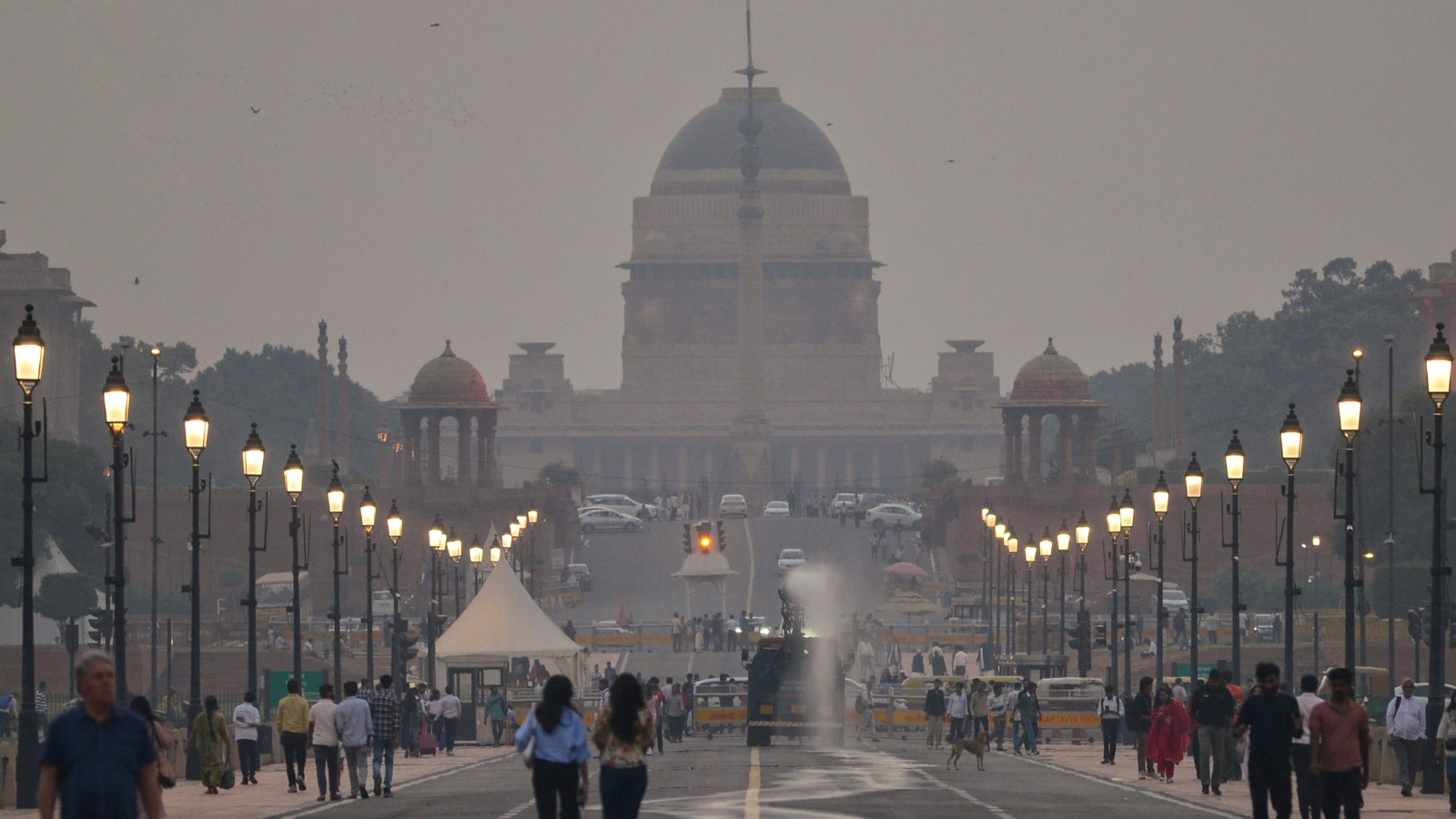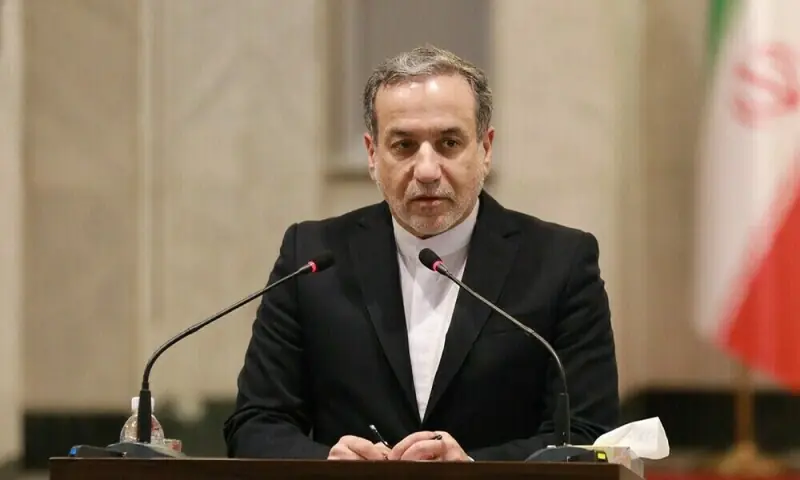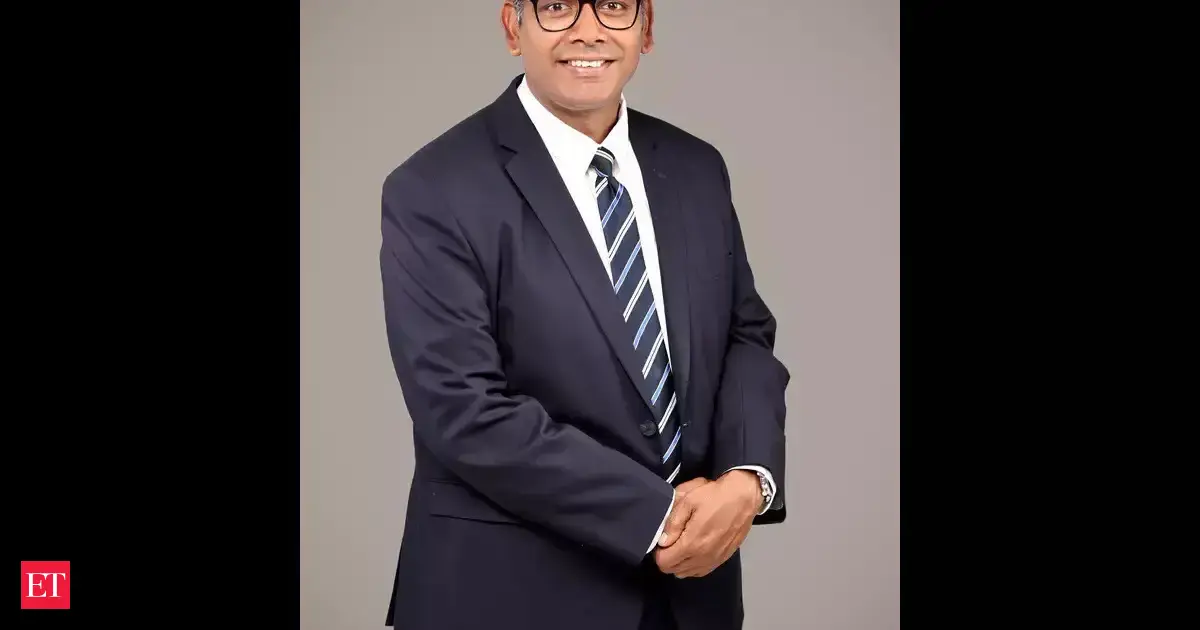Copyright news18

Each winter, Delhi grapples with an air-pollution crisis. The debate that follows has become a ritual—who is to blame, what should be banned, and which miracle formula will rescue us. Yet the real obstacle to clean air is not technology or governance—it is the thick layer of myths we continue to breathe in. We like to believe that Delhi’s problem is unique, that no other city faces what we face. In truth, London once drowned in soot; Los Angeles and Beijing lived through decades of smog. They emerged cleaner not through miracles but through discipline—steady investment in transport, fuel quality, and urban management. Delhi’s challenge is serious, not exceptional. Another myth is that there exists some undiscovered fix that will make the city’s air suddenly breathable. Like artificially inducing rains through cloud seeding. It is experimental and can work only when moisture-laden clouds exist: cloud seeding can wash pollution temporarily but cannot create rain from a dry sky. We do not control the clouds, but we can manage the more mundane aspects. Indeed, cleaner air comes from thousands of small, consistent acts—watering roads, greening open soil, maintaining vehicles, enforcing construction norms, managing airshed, and respecting rules even when no one is watching. It is not glamourous work, so we keep looking for miracles. We also tell ourselves that nothing has been done. That is false. From the Graded Response Action Plan to the switch to BS-VI fuels, from power-plant controls to closure of older industries, Delhi has moved faster than most Indian cities. What we lack is continuity and sincerity of purpose. Every winter we rediscover the crisis, act briefly, and then forget. The most damaging belief is that pollution control is somehow anti-development. In reality, clean air is one of the most essential elements of development. Just as clean drinking water for every household is a national priority, clean air for every citizen should be a countrywide priority. No economy grows on a foundation of disease and lost productivity. The cities that cleaned up also prospered; those that ignored pollution paid in health, tourism, and investment. Interestingly, it has been debated whether the firecracker ban helped since there was no evidence in data, leading many to conclude that it did not. But absence of supporting data is not absence of effect, since data captures impact of several factors and not effect of any single measure. The Diwali spike is visible to every eye and throat. Air pollution is not a straight line—it reacts to weather, crop fires, and local dust. Each preventive step may look small, yet together they blunt the worst peaks. Dust itself remains one of Delhi’s great blind spots. We rarely see it as pollution because it seems natural. But open soil, loose construction material, and unpaved shoulders account for much of the city’s particulate load. A green patch or compacted ground may look unremarkable, but it is far more effective than yet another sensor on a pole. That leads to the next illusion—that measurement is the key. In reality, action is the key. Our bodies already sense the air: the cough, the burning eyes, the skyline lost in dusty haze. The Centralised Air Quality Monitoring Stations may fail for hours, but truth reflects in our health. Data must match reality, not the other way around. Technology, too, has its myths. The newer Continuous Ambient Air Quality Monitoring Station sensor-based devices are valuable, but they do not make old gravimetric methods obsolete which remain the reference standard for accuracy and validation. Continuous monitors may have data gaps but satellites offer broad patterns and manual sampling still anchors accuracy. Science provides evidence in multiple ways, so long we have the necessary humility to accept the evidence before us, not the abandonment of it. Perhaps the most enduring myth is that government alone can solve the problem. Citizens wait for orders, contractors skip sprinklers to save cost, residents hesitate to green their colonies, and everyone finds someone else to blame. Air pollution control is infrastructure, and infrastructure needs participation—public, private, and civic. Without collective will, policies remain on paper. We also overstate the complexity of the issue. Air pollution is not quantum physics. Anyone can understand it with a few minutes of attention: dust, smoke, traffic, waste burning, and weather interact to trap particulate matter. The challenge is not comprehension but commitment. And then there is the cynical argument that Delhi’s air cannot be all that bad because people here live longer than in many other parts of India. Longevity is not vindication. It reflects health services, income, and migration—not purity of air. Polluted air quietly steals years of healthy life from every resident. The myths help us defend our comfort zones—contractors, consumers, commuters alike. The result is a city that debates air quality endlessly but changes little on the ground. Air pollution, unlike most other environmental issues, offers immediate feedback. We can see, smell, and feel the difference within days of action. That should make it the easiest problem to tackle, yet it remains the hardest. Delhi does not need another committee, another app, or another winter of outrage. It needs faith in the ordinary disciplines that every clean city has learned: keep dust down, green every open space, move people instead of vehicles, and enforce rules without apology. The science is known, the technology available, and the benefits unquestionable. Clean air will not come as a gift from the state. It will come when citizens, contractors, corporations, and governments act with the same seriousness with which they breathe. The day we stop arguing about whose duty it is, Delhi will finally begin to breathe again. The author is former Chief Secretary, Jammu & Kashmir, and ex-Chairman of CPCB. Views expressed in the above piece are personal and solely that of the author. They do not necessarily reflect News18’s views.



